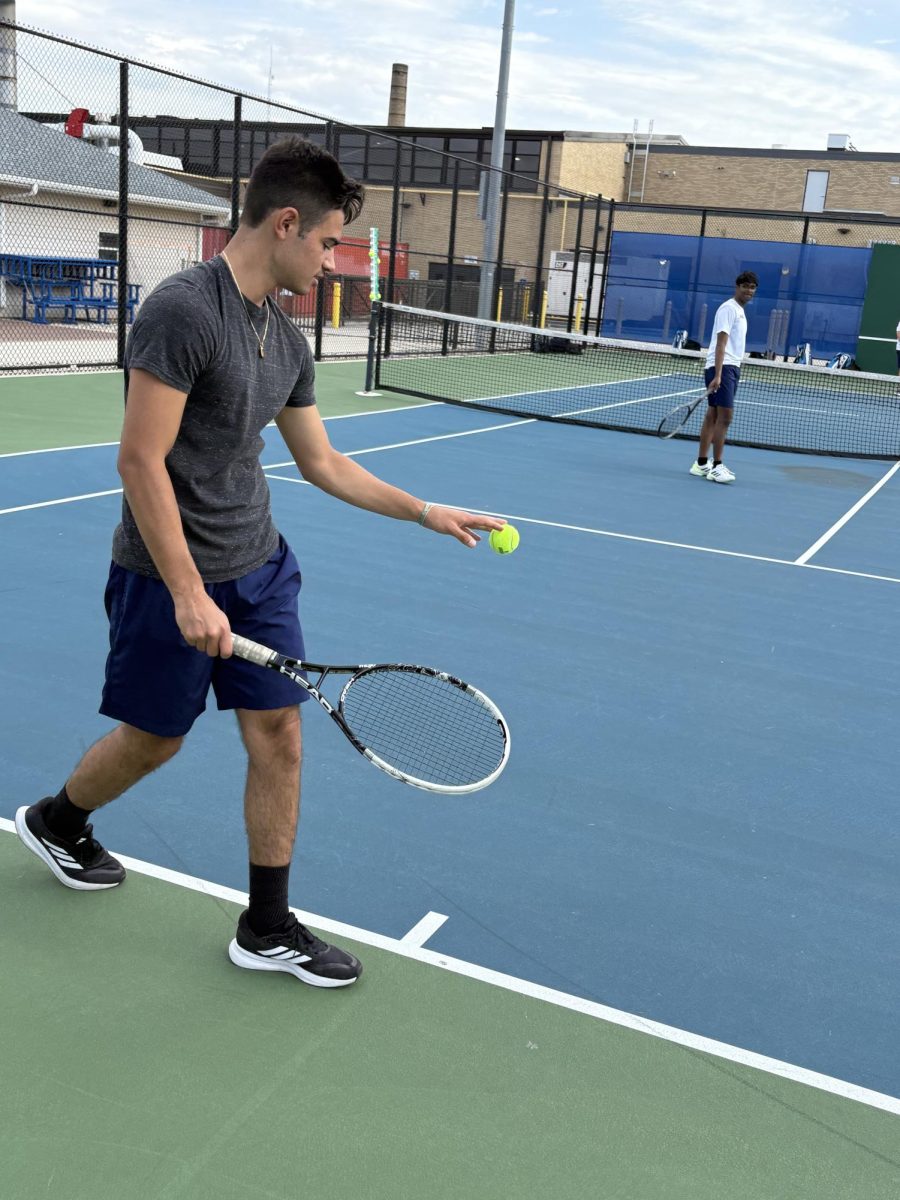Imagine you are having a regular day in school but you feel off as a person and you get to lunch but you also notice how Michelle and Kaitlyn your closest friends tend to drift apart at the table from you and you fear that you did something wrong but don’t know in the moment to crash out on them or handle your emotions. Well don’t worry because everyone goes through a break up; they can be good or bad but don’t be upset. It’s just time to move on and understand how you are growing. Handling emotional outbursts will allow students to adapt to understanding each other, not get less focused on your school studies, and allow adults to understand how growing and changing is a factor of a teenager.
Outbursts are something to be expected because teenagers are growing and changing everyday. According to the Child Mind Institution, an organization states, “Adolescents are growing and changing. And the hormones that drive puberty can have a big impact on mood. When kids seem like they’re overreacting it’s important to remember that they’re less able to manage big feelings, like anger, than adults are.”(Jacobson) As read in the quote, puberty significantly impacts the mood of an adolescent. The hormonal change leads to emotional responses. Teenagers still are learning to regulate their emotions if you don’t then you may struggle to manage intense feelings. Which appears to be an overreaction to what adults say but it’s just a reflection on their ongoing growth which adults need to understand since they went through the same thing at this age.
Limiting outbursts can help with relationships of any sort. Understanding each other is a way to adapt and many teenagers take time to figure that out while growing. Lauren and Maya are two sophomores who have been best friends since middle school. One day during the passing period Maya decided to joke around and it hit Lauren close to home, and she snapped at her. She quite literally stopped walking and yelled something so hurtful, and left Maya. Later that day, Lauren sat alone in the courtyard, thinking and replaying about how she was embarrassed about not just yelling but how quick she lost control. Instead of trying to justify it with Maya she chose to write it down. Which was a good thing for her but she said “ I didn’t mean to yell out, I felt completely exposed and embarrassed, I laughed about it but it hurt me.” The next day at school, Lauren apologized not with a slight apology but an explanation which she never did. Maya was surprised at how Lauren came off and she admitted she didn’t mean it to come off that way. These girls both realized that understanding each other was more important than a friendship breakup or who’s right and wrong. That moment doesn’t just patch things up. It has helped them grow. Whenever either one of them feels upset or uncomfortable, they talk it out with honesty. Sometimes things like this show how limiting your outburst helps in a relationship.
You can get less focused on your school studies if you stay having outbursts. Likewise I am a teenager like yall. I know we can have emotional outbursts but come on, communicate even though you are afraid. I go through relationships, school, and family struggles everyday. Being a teenager in honors/Ap classes I have learned that having an outburst won’t help because this leads me to start doing badly on my assignments and tests and I can be less focused because of what is going on. Being a teen is already hard enough on us. Having to balance school, emotions, and everything can get overwhelming. This can also lead us to have a slipping in our grades. Outbursts don’t always help, but sometimes people just don’t know how to deal with everything going on inside. I do think we teenagers need space to grow, learn and communicate better even when it is hard. Being self-aware is not that easy.
Being able to regulate emotional outburst will help with teens’ relationships with adults, something that is needed. According to Mission West Virginia, “When parents’ views of the teen years were negative—59% of those parents had negative words to use about teens’ brains and their own children were not doing as well overall. These adolescents reported being more sad, lonely, angry, or moody.” (White.) 59% of parents have negative words to say about teenagers. That stuck to me because parents dont understand teenagers and how they feel and they keep stereotyping, it causes a teenager to suffer more. Adults should be able to increase the trust and freedom in their relationship with their teens. Having conversations can always help that out because it allows little by little for adolescents to find a needed sense of how to make decisions on their own without being afraid to hear negative words. When they do find that sense don’t turn everything over to them, always finding a solution to understand.
Although, parents might say emotional means you care and are passionate but in reality no one truly knows how to deal with them. Parents always have something to say like “When i was a kid, I had to deal with worse things” parents quite literally don’t know how a teenager is nowadays. Times have changed. Teenagers go through the most drastic change because they don’t know how to be themselves and having a parent not understand them makes them suffer more. Teenagers who are crashouts aren’t solving the problem by yelling and stuff, they just make their own image look bad like it’s second hand embarrassing and cringy. Loss of aura is what they are getting but that’s why you have to handle your own emotional outburst not crash out.
Looking forward, All teenagers deal with stuff and need to be understood without having to crashout because aura is beyond lost when they do. Parents should not stereotype a teenager and hear them out. Remind yourself that when you are a teenager you went through things as well as your teen. Listen to your teenager and understand them.
Jacobson, Rae. “Teens and Anger.” Child Mind Institute, Feb. 2025, https://childmind.org/article/teens-and-anger
White, Rebecca. “What Youth Wish Adults Understood.” Mission West Virginia, 11 Sept. 2024, https://www.missionwv.org/parent-resources/2024/9/11/what-youth-wish-adults-understood.














